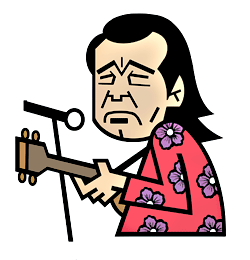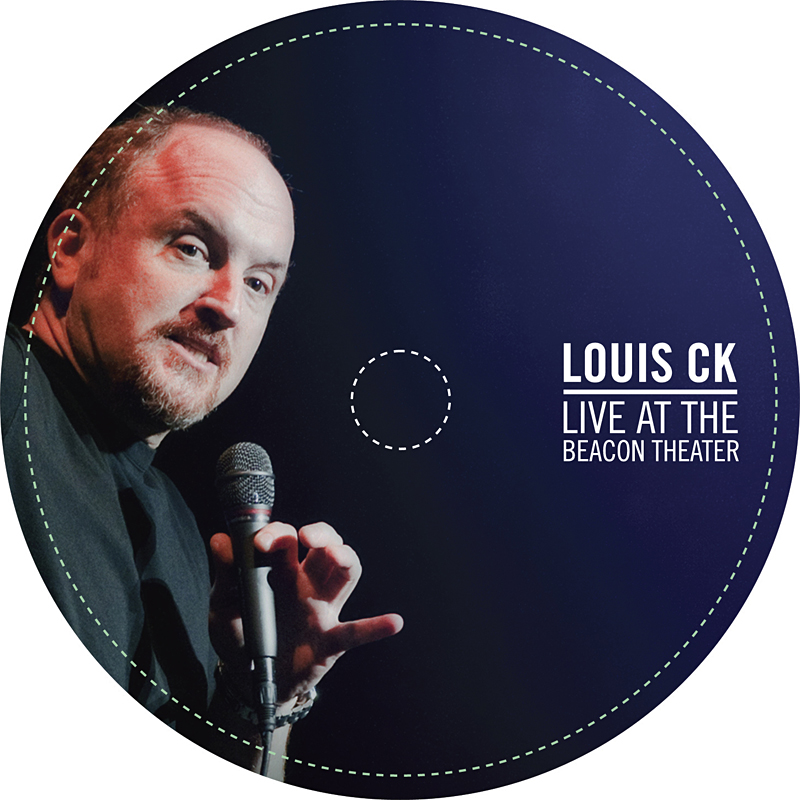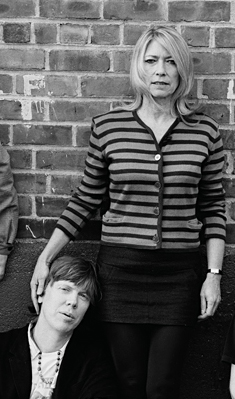The story of Roky Erickson is one of the most intriguing and sad in the history of rock and roll: Young man from Texas joins rock group called 13th Floor Elevators, pioneers psychedelic music, gets busted for possessing one marijuana joint, pleads insanity in the hopes he will get off easier, receives electroshock treatment at Rusk State Hospital, and spends much of his life as an unmedicated paranoid schizophrenic living in poverty.
Among rock geeks, Erickson’s story is oft-repeated and romanticized. The saddest thing, however, is that his tragic personal life has overshadowed one very important fact: Through all this turmoil, he made amazing music.
According to the recently released documentary You’re Gonna Miss Me, Erickson kicked off the ’70s playing in a band made up of murderers and child rapists, a lineup assembled by his therapist at Rusk State, a mental hospital. After he gained his freedom, Erickson’s schizophrenia progressed at a rapid rate.
Interviews with his friends in You’re Gonna Miss Me suggest Erickson suffered deepening bouts of paranoia at the time and became obsessed with aliens and Satan. By the time he re-emerged in the clubs of Austin, Texas, in 1975, he was armed with new songs. One such ditty, “Starry Eyes,” was a beautiful pop number, but most of the others were concerned with two-headed dogs, fire demons, and aliens with bloody hammers.
Doug Sahm, the original hippie cowboy, produced and released Erickson’s first post-internment record, “Starry Eyes,” backed with “Two-Headed Dog.” If any record could accurately sum up musical schizophrenia, it was this one. “Starry Eyes” had a Buddy Holly ring to it, harkening back to ’50s feel-good pop, while the B-side, “Two-Headed Dog,” was a monster rock song. The latter signaled the direction Erickson would take with his music through the end of the decade.
Erickson dubbed his new style “horror rock,” which at times contained horrifying imagery. In “Two-Headed Dog” he sang of “children nailed to the cross,” while “Mine Mine Mind” contains the twisted line: “Pencils bouncing twice up and down/Haunted howling gremlins howling to the sound.”
But most of his “horror rock” was dubbed as such because the songs dealt with B-grade horror and sci-fi flicks. Here, Erickson presumably channeld his psychosis through what he watched on late-night TV: “Creature With the Atom Brain,” “Night of the Vampire,” and “I Walked With a Zombie” all recall vintage components of the genre.
Erickson was obviously mentally unstable throughout, and obsessed with horror and sci-fi to the point of childishness. Yet the recordings of this period rival anything he did with the Elevators. His voice is electrifying, and the band assembled here (appropriately called the Aliens) is playing riff-based stadium rock on par with Alice Cooper’s band.
Popular music is peppered with schizophrenics who have made brilliant contributions to the soundscape. Skip Spence and Syd Barrett spring immediately to mind; these types tend to disappear abruptly, making nary a blip on the cultural radar until they die. Others, like Townes Van Zandt, are more functional, their schizophrenia resulting in consistent, unparalleled brilliance.
Erickson resides somewhere between the two categories. Arguably, his “horror rock” was his last creative peak. But as You’re Gonna Miss Me proves, his schizophrenia triggered periods of isolation and disillusionment interrupted by spells of brief lucidity, the results of which were beautiful, folk-based ballads like “Anthem” and “True Love Casts Out All Evil.”
By the late ’90s, Erickson’s poor health compelled him to retreat from the public almost completely. Because of this, a custody battle ensued between his mother and his youngest brother, Sumner Erickson (an accomplished tuba player in the Pittsburgh Symphony). Sumner won custody, gave his older brother the proper meds his mother denied him, and took him to somatic therapy sessions.
Since then, Roky has been performing again with his new band, the Explosives. His final show before all this was in 1987 at a Butthole Surfers gig; he folded his arms and just nodded his head instead of singing. But a wealth of YouTube videos from his 2007 dates thus far show an unbelievably recharged Erickson, exhibiting full command of the stage with a voice only slightly weathered.
It could be argued that his comeback is a success story for modern medicine. But considering his output even while untreated, Roky Erickson’s story is more about the redemptive power of song.








